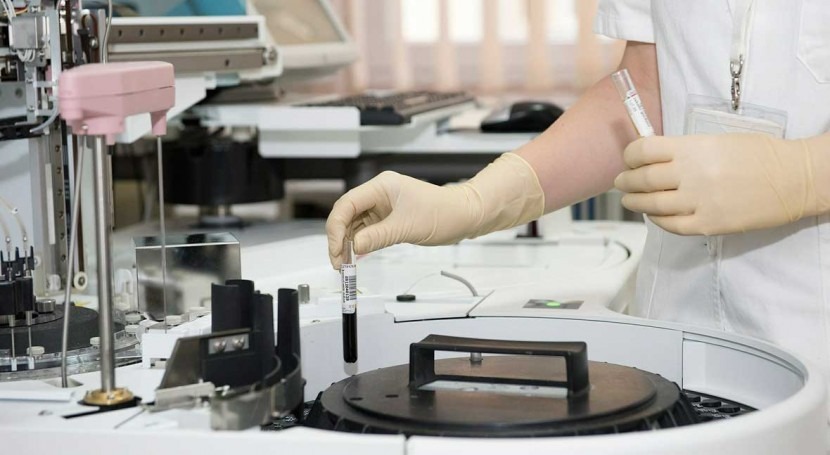With the goal to slow down the spread of the COVID-19 virus, The World Health Organization (WHO) has released new hand hygiene guidelines for all countries, especially for areas without ready access to hand hygiene locations.
Hand hygiene is extremely important to prevent the spread of the COVID19 virus. It also interrupts transmission of other viruses and bacteria causing common colds, flu and pneumonia, thus reducing the general burden of disease.
The guidelines say that access to hand hygiene facilities that include alcohol-based hand rubs as well as soap and water is often suboptimal in the community and in health care facility settings, especially in low-and middle-income countries.
When hand hygiene is provided free of charge and is made obligatory by public health authorities, acceptability and adherence to hand hygiene best practices are improved, including in public health emergencies of international concern.
In this respect, WHO recommends countries prioritize access to hand hygiene facilities and practices in health care facilities.
The Organization also adds hand hygiene stations, either soap and water or alcohol-based gel, should be placed at any public or private commercial building and any public transport, and made obligatory to all those who enter and leave the building or transportation.
Health authorities should ensure hand hygiene stations for all health care workers, as well as for patients, family members and visitors.
Local production of alcohol-based hand rub formulations in national, sub-national or hospital pharmacies or by private companies should be strongly encouraged according to WHO guidance.



















